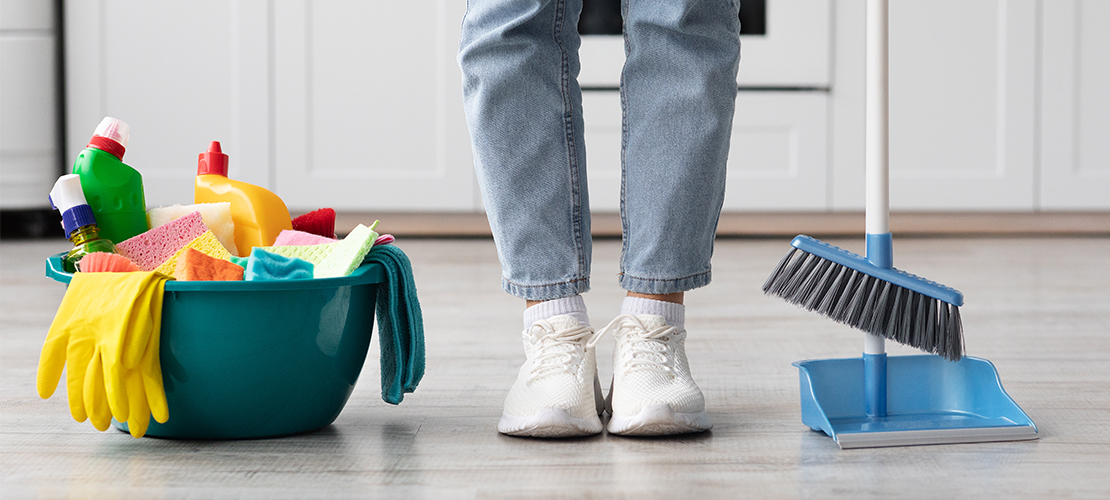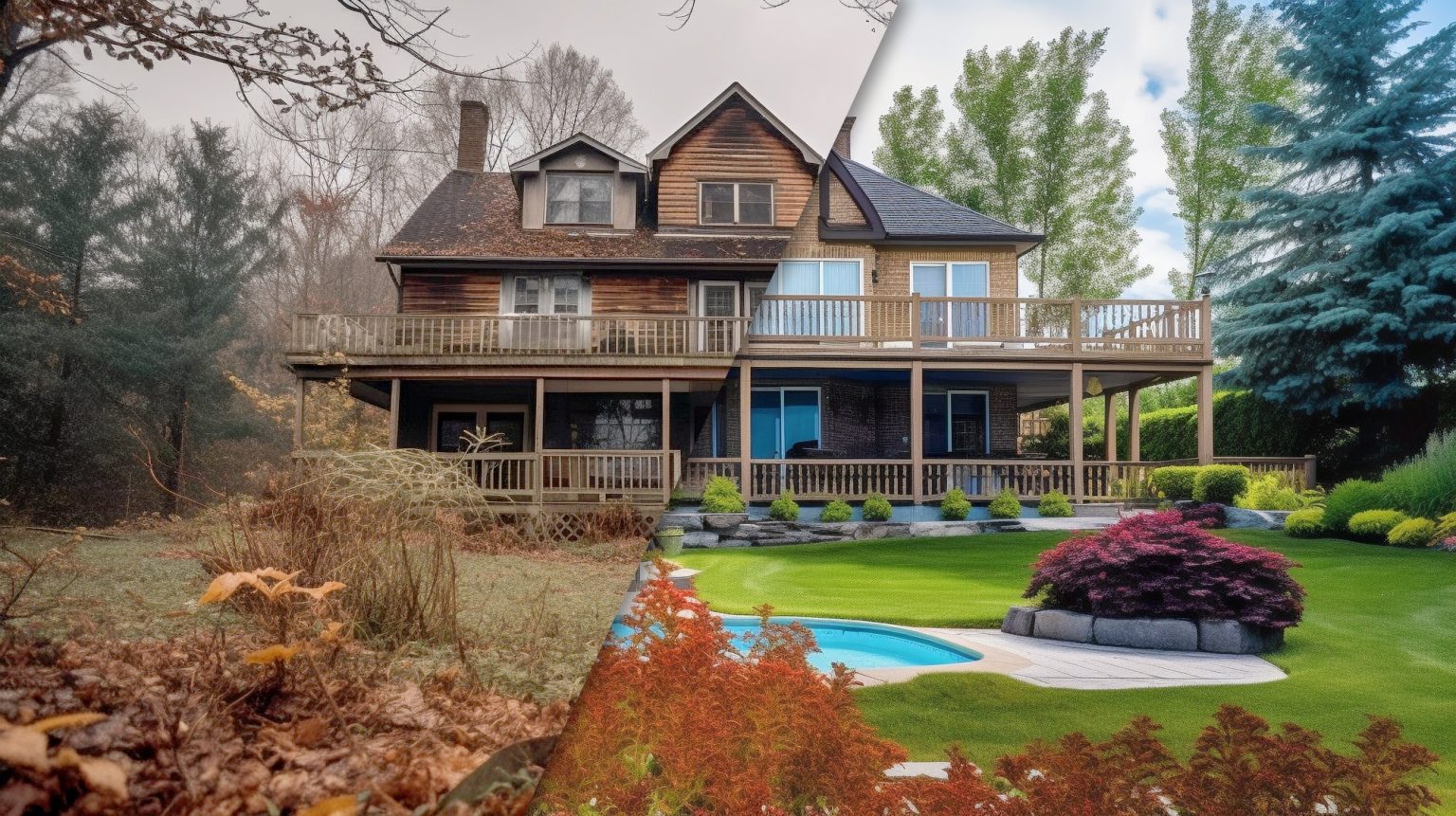A garden is more than just a way to decorate. It is not reserved for just a few select green thumbs. It can bring you tranquility, peace, and a great appreciation for life. The effects can be especially profound if gardening is something you excel at.
The first thing you can do to avoid pests is to start with healthy soil in your garden. Healthy plants grown in robust and enriched soil have an advantage in fighting pest infestation. If you want to get the best plants, begin with a soil that has hardly any chemicals, and that will bring salts.
Deciduous shrubs and young trees need to be protected. Any potted shrubs should be sheltered in the winter from cold weather. Try to tie the tops all together and cover them with a sheet, large piece of cloth, or blanket. This will work better than wrapping your plant with plastic, because air can still circulate, which will help to prevent rotting.
You can keep pests away from your garden by using other plants or natural materials. For example, if you plant onions or marigolds along the edges of your vegetable garden, you can ward off slugs. Wood ash, when used as mulch, can help keep insects away from trees and shrubs. Using these natural methods will reduce the need for potentially harmful chemical pesticides.
Remember to place a layer of mulch over the soil around your vegetables, approximately 2 inches deep. When you place mulch around your plants, it keeps the ground more moist. It can also prevent weeds from growing. This can save you a lot of time and effort in pulling out the weeds.
Gardening is an excellent relaxation tactic. Many hobbies can help you to relax and attain inner peace. Gardening is fun, and it is definitely one of the best ways to achieve this state. Without too much effort, you can enjoy great returns. The best return is the joy and tranquility you can get from growing your very own greenery.
Vegetables are softer when they are warmer, increasing the risk that you will damage them. Twisting could cause plant damage, so ensure that produce is removed by cutting only.
One way to help your organic garden thrive is to leave an undeveloped area that is conducive to the wildlife around your area. You will find that many of the supporting cast of insects and birds that aid in plant production and pollination will be present on your land and actually help your developed gardens to produce better.
Use this simple tip to get your perennial garden ready in a flash. All you need to do is use a garden spade to slice under the turf, flip it over, then spread wood chips over the area about three to four inches deep. Allow the newly turned soil to sit for two weeks, then plant your perennials.
Use these tips to create the ideal garden. When your plants are blooming and alive, you will be so glad you did. Gardening has the potential to change your whole outlook on life, if you let it. So get started today!










